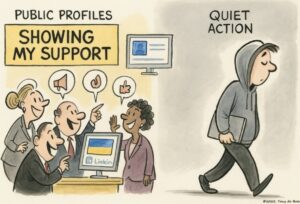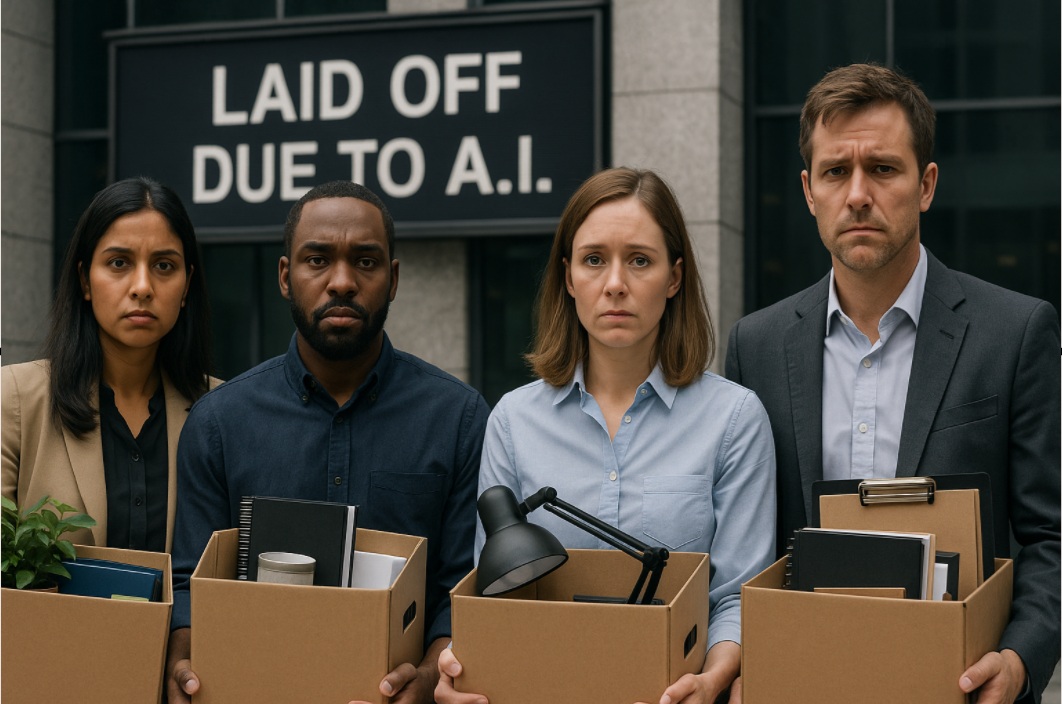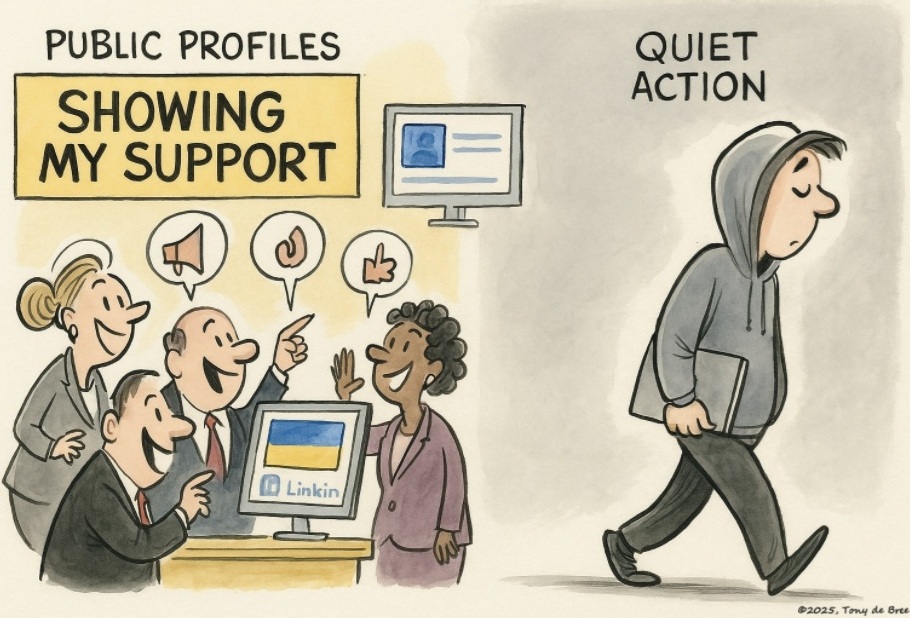The EU AI Act: Risk Levels, Freedom of Expression, and the Hidden Role of Moderation
The EU AI Act is the world’s first attempt to regulate Artificial Intelligence through a risk-based framework. It doesn’t just look at the technology, but at the impact on people’s rights, safety, and democracy. And that means freedom of expression and freedom of speech should be at the heart of the discussion and above all protecting citizens, companies and democratic institutions against Us-culturally biased moderation.

AI Compliance for Executives & Regulatory Pros
Guide to Generative, Regulatory & Organizational Compliance
$8,99
Let’s break down the four degrees of risk — and where moderation fits in.
1. Unacceptable Risk – The Red Line
Some AI systems are simply too dangerous to allow.
Examples:
- Government “social scoring.”
- Remote biometric surveillance in public spaces.
- Emotion recognition at work or in school.
Why it matters for speech:
The EU explicitly bans systems that manipulate or suppress people in harmful ways. This reflects a European principle including most of its memberstates: freedom of expression comes first, not corporate or authoritarian control.
2. High-Risk – Strict Guardrails
High-risk AI includes systems used in education, employment, justice, migration, law enforcement, and access to essential services. They must meet strict requirements like human oversight, risk management, and conformity checks.
Moderation and speech:
If AI is used in political campaigns, elections, or judicial systems, the stakes are high. Filtering, flagging, or removing speech that shapes democratic debate could classify as high-risk. That means platforms or providers cannot simply hide behind “AI said so.” They must prove compliance with EU fundamental rights standards.
More: New In 2025, Contact Us
3. Limited Risk – Transparency Matters
These AI systems aren’t banned but must be transparent.
Examples:
- Chatbots must disclose they are AI.
- Deepfakes and AI-generated content must be labeled.
Speech angle:
This is where satire, parody, and political cartoons come in as Maarten Toonder, Peter van Reen and Jan Lavies did during WWII in the Netherlands. The EU recognizes that parody is protected free speech. AI deepfakes, if labeled, remain part of democratic debate. The real danger comes when platforms over-moderate and silently remove such content without accountability in line with national and EU rules and regulations.
4. Minimal or No Risk – Everyday AI
Spam filters, shopping recommendations, video game AI — most systems fall here.
But beware:
Hidden moderation systems, like automated filters marking posts as “spam”, “banned content” or “NSFW,” can have real effects on free speech. If these AI models & AI systems quietly silence political speech or artistic expression, they may actually belong higher up the risk ladder.
⚖️ Freedom of Expression Comes First
The EU AI Act makes one thing clear: national and EU laws are leading — not Big Tech’s hidden filters.
- The EU Charter of Fundamental Rights and the European Convention on Human Rights guarantee freedom of expression.
- The Digital Services Act (DSA) adds transparency and accountability for content moderation.
- The AI Act now ties these principles to how AI models are built and used.
🚨 Why This Matters
- For citizens: You have the right to know when AI is filtering your speech.
- For organizations: Using U.S.-based AI models with hidden filters may put you at compliance risk in Europe.
- For democracy: AI should enable debate, not silence it.
✅ Takeaway
The EU AI Act builds a risk pyramid:
- Unacceptable risk → banned.
- High-risk → strict compliance.
- Limited risk → transparency.
- Minimal risk → free use.
But when it comes to freedom of expression and moderation, one rule stands out:
👉 It is not up to AI Big Tech to say no; to decide what is allowed. That remains the role of parliaments, governments, judges, and regulators in a democracy.
If you want to learn how you can generate and share AI content you want and are legally allowed in your country and how, email us here today and we wil contact you for a free intake call and a personal learning plan.





